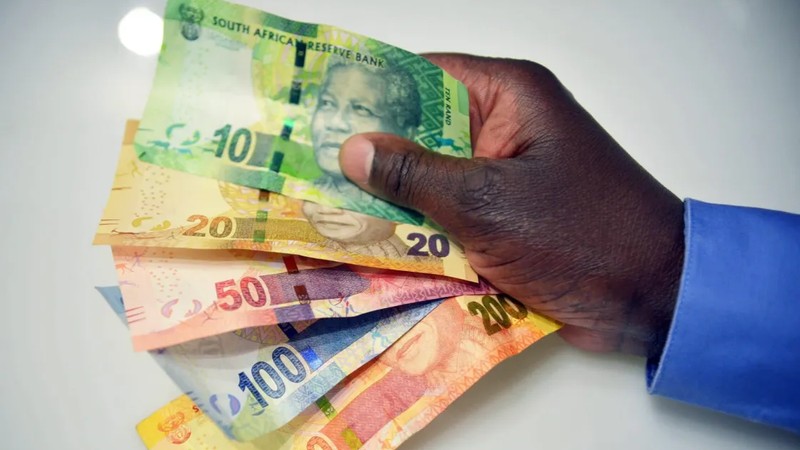What happens when powerful foreign banks can influence the value of our rand, raise the cost of living for millions, and then claim that our laws do not apply to them? That, in essence, is the question now before the Constitutional Court, and its answer will define how South Africa defends its sovereignty in a globalised financial system.
In August, the Court heard the Competition Commission’s appeal against the Competition Appeal Court’s decision to dismiss charges of rand manipulation against 13 international banks. The judgment, now reserved, will decide whether foreign financial institutions can be held accountable when their conduct directly affects South Africa’s markets.
If South Africa cannot hold global banks accountable for manipulating its currency, then our economic sovereignty exists only on paper.
This saga dates back to 2015, when the Competition Commission investigated allegations that 28 local and international banks colluded to manipulate the rand/dollar exchange rate between 2007 and 2013. Traders allegedly conspired through private chatrooms, sharing confidential data and coordinating trades to distort market prices for profit.
Such behaviour is not harmless. When the rand weakens artificially, the effects ripple through every South African household: fuel prices rise, food costs climb, imports become more expensive, and the value of savings erodes. Currency manipulation is not an abstract market issue; it is a direct assault on the country’s economic well-being.
Yet in February this year, the Competition Appeal Court ruled that the Competition Tribunal lacked jurisdiction over the 13 foreign banks because they had no physical presence in South Africa. That reasoning, in my view, is deeply flawed.
The Commission, represented by Advocate Tembeka Ngcukaitobi, has argued persuasively that the rand is not just another currency. It is a national asset. Any manipulation of its value, wherever it originates, constitutes an attack on South Africa’s economic stability. Whether a trader operates from London, New York, or Johannesburg, if their actions distort the value of our currency, they must be subject to our laws.
The Constitutional Court must now decide two critical questions: Does the Competition Tribunal have jurisdiction over foreign entities whose conduct impacts South Africa? And can those entities be held accountable under our competition law?
The stakes could not be higher. A ruling in favour of the banks would create a dangerous precedent, allowing foreign actors to manipulate our economy from afar with impunity. But a ruling for the Commission would affirm South Africa’s right to defend its markets and assert its place in a global financial system that often favours power over principle.
Beyond the courtroom, this case raises a deeper challenge: how to cultivate integrity in the financial sector itself. Regulation can punish misconduct, but only ethics can prevent it. The financial system thrives on trust, and once that trust is broken, confidence and stability collapse with it.

As we await the Constitutional Court’s ruling, one truth is clear: markets cannot thrive where accountability is optional. The integrity of South Africa’s financial system depends on ensuring that no institution, local or foreign, can profit from misconduct without consequence.
The outcome of this case will tell us whether we are a country capable of defending our own economy, or one content to let others set its value for us.
As someone who has long studied the intersection of governance, ethics, and economic development, this case offers South Africa an inflection point. We cannot continue to rely on outdated legal frameworks that stop at the border while financial misconduct operates seamlessly across them. We need stronger mechanisms for cross-border accountability, built through cooperation with other jurisdictions that face the same challenges.
But the responsibility does not rest with regulators alone. Financial institutions themselves must treat integrity not as a compliance exercise, but as a strategic imperative. The real test of leadership in banking is not quarterly profit; it is whether an institution contributes to a fair, stable, and trustworthy financial ecosystem.
The rand is more than a ticker symbol flashing on global trading screens. It represents the price of bread, the cost of fuel, and the dignity of every South African family trying to make ends meet. Protecting it is, therefore, not merely a technical legal issue; it is a moral and social obligation.
Dr Ntokozo Mahlangu is a member of the Strategic Advisory Board of The DaVinci Institute.
*** The views expressed here do not necessarily represent those of Independent Media or .
BUSINESS REPORT
